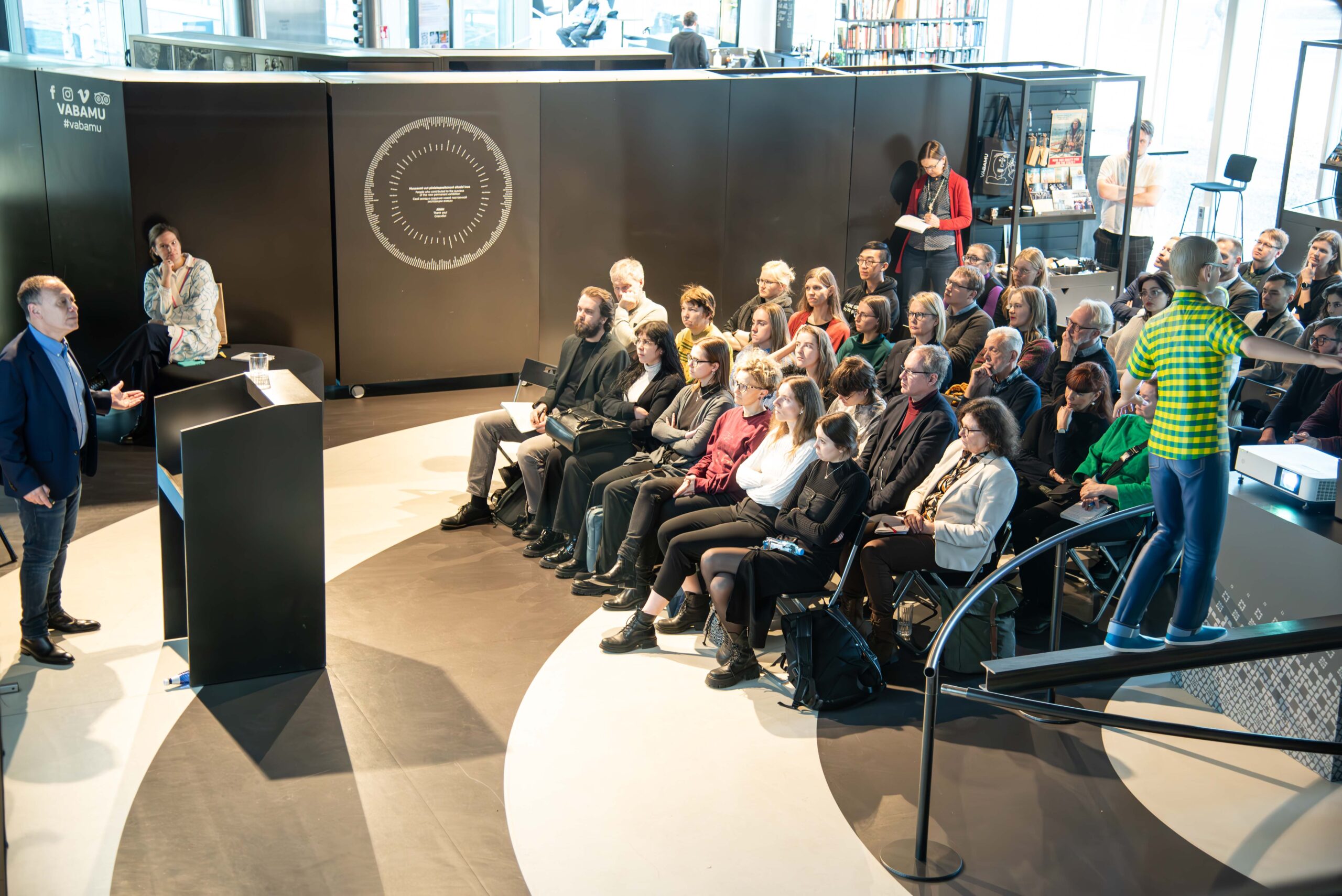Amir Weiner is the director of the Center for Russian, East European and Eurasian Studies and a professor of history at Stanford University. He is the author of Making Sense of War, Landscaping the Human Garden, and numerous articles and edited volumes on the impact of World War Il on the Soviet polity, the social history of WWII and Soviet frontier politics. His forthcoming book, At Home with the KGB: A New History of the Soviet Security Service, will be published by Yale University Press in 2024.
Based on dozens of interviews and with former KGB officers, archival documents and memoirs, this talk aimed at better understanding of their motives and how they dealt with professional, political, and ethical dilemmas. Who were the people who joined the organization and what were their motives? How did the KGB obtain information and recruit informants? How did it cope with exposure to sensitive information that was officially banned? How did they cope with the challenges of the post-Stalin era, particularly the end to mass terror, the spillover of unrest from the satellite states, and the loss of monopoly over information? Why did the “Sword and Shield of the Party” fail to prevent the collapse of the Soviet regime and the disintegration of the Soviet Union? Finally, considering the dominant role of KGB veterans in current Russian politics and institutions, is it time to reassess the concept of collapse of the organization?
The event was part of Global Conversations Talk Series, which is a series of lectures, talks and seminars hosted in collaboration between Stanford University Libraries and Vabamu with an aim to educate scholars, students, leaders, and the public on the benefits of, but also challenges related to, sustaining freedom. By engaging scholars, students, policymakers, entrepreneurs, and social innovators in a dialogue, the Global Conversations Talk Series will empower action that improves the lives of many.

 Back
Back












